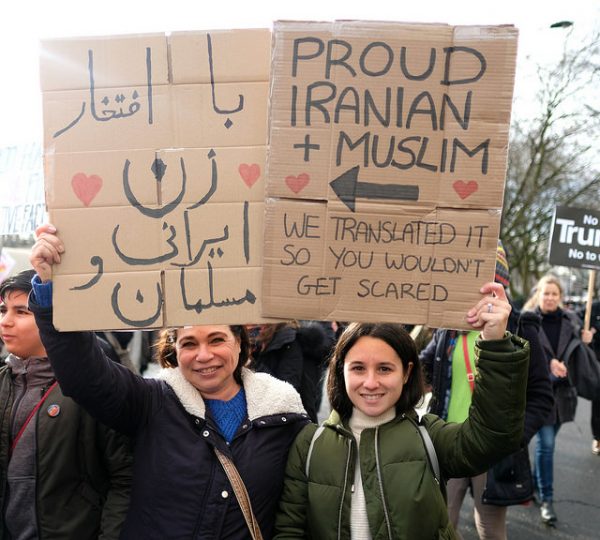
Social scientists have long considered how negative stereotypes about racial and ethnic minorities relate to Americans’ opinions about state policies, such as social spending, education, and the criminal justice system. Recent research by Joseph Baker, David Cañarte, and L. Edward Day in The Sociological Quarterly examines a similar but distinct set of attitudes: “xenophobia” — a fear of outsiders or people from different places. This study indicates that xenophobia may be a strong predictor of whether whites support punitiveness in the criminal justice system.
Using data from the Chapman Survey of American Fears, a nationally representative dataset, Baker and colleagues study the relationship between racial attitudes, xenophobia, and attitudes towards punitiveness in the criminal justice system. They measure what participants think of members of specific racial minority groups, as well as several dimensions of anti-immigrant attitudes. In addition, they consider a number of control variables that could affect this relationship, including sociodemographic, political, ideological, and religious characteristics.
Baker and colleagues find that whites’ xenophobic attitudes more strongly predict their punitive attitudes than whites’ attitudes towards blacks or Hispanics. In fact, their analysis suggests that xenophobia is one of the strongest predictors of whites’ punitive attitudes — it even helped explain whites’ punitiveness within categories like political ideology. Furthermore, Baker and colleagues find that the association between xenophobic attitudes and punitiveness is stronger among whites than it is for blacks and Hispanics. Baker and colleagues describe how their results speak to the salience of immigration, anti-immigrant-attitudes, and political ideology in the 2016 presidential election, thus illustrating that a general fear of the “other” affects support for political policies.

Comments